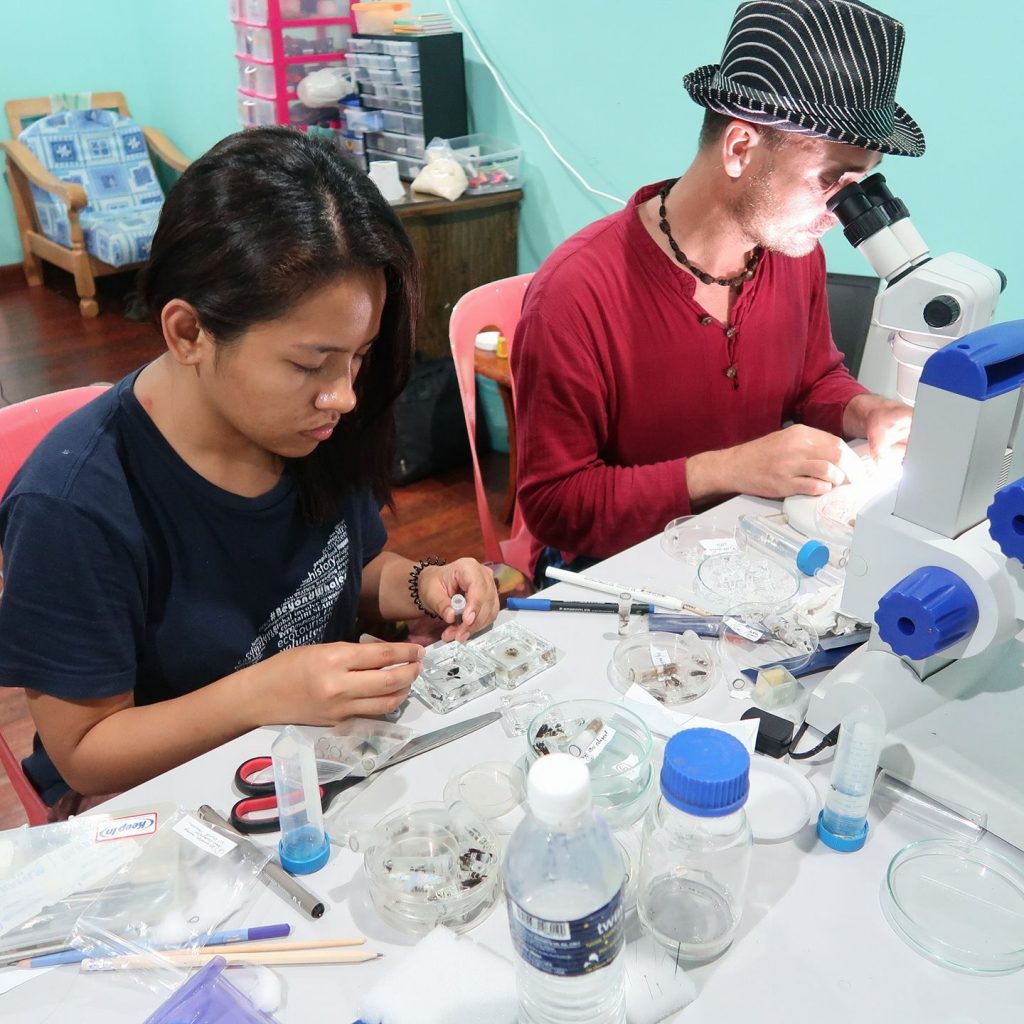Practicing science does not mean one need to be a lab coat-donning scientist experimenting with test tubes in the laboratory. Science simply means “knowledge” (from the Latin word scientia) and exists in every part of our life and existence. It is a systematic enterprise that builds and organizes knowledge in the form of testable explanations and predictions about the universe. (Wikipedia, 2019-08-29)
The scientific method is an empirical method of acquiring knowledge that has characterized the development of science since at least the 17th century. It involves careful observation, applying rigorous skepticism about what is observed, given that cognitive assumptions can distort how one interprets the observation. It involves formulating hypotheses, via induction, based on such observations; experimental and measurement-based testing of deductions drawn from the hypotheses; and refinement (or elimination) of the hypotheses based on the experimental findings. These are principles of the scientific method, as distinguished from a definitive series of steps applicable to all scientific enterprises. Wikipedia, 2019-08-27)
In our quest of understanding, appreciating, and preserving Nature, it is important that we adopt scientific or evidence-based methods, instead of just spiritual- or emotion-based initiatives, simply because it is how Nature works.


